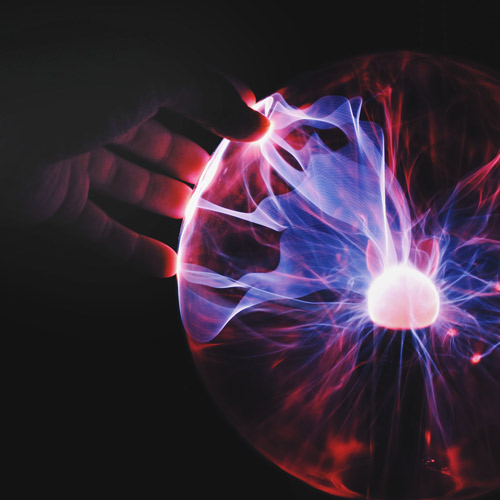
Neurosciences at the Core of Corporate Innovation: the Business of the Neurotech
14 March 2018The cognitive technology applied to neurosciences has been giving, in those years, surprising demonstrations of its reach: in 2014 in Brazil a paralyzed person kicked off the first ball at the World Championships thanks to a robotic exoskeleton controlled directly by the brain, while three years later Rodrigo Hübner Mendes became the first person to drive a car with only his mind. What until recently seemed closer to science fiction than to our daily life, is now emerging as one of the most dynamic and promising technological areas of the 21st century. With practical applications ranging from neuromarketing to safety at work, neuroscience and neurotechnology are going far beyond the scientific and medical field, much to attract the attention of the industry and the business world.
The increased interest in using the brain-computer interface to control devices connected to the Internet of Things, together with the continuous technological progress in bio-sensing, in nanotechnologies, in the processing of bio-signals and neuro-imaging techniques have led to a significant increase in R&D investments, in order to integrate BCI technology with useful everyday applications. From medical devices to safety gadgets, it is estimated that the total value of this market can reach 12 billion dollars by 2020, thus provoking the interest of global giants such as Nielsen, Accenture, Philips and General Electric. Moreover, in 2017 Elon Musk announced the birth of Neuralink, a company dedicated to creating an interface to connect the human brain to the computer, while Facebook shared the news that it is developing a scalable neurotechnology that will allow a direct communication between two brains.
The actual implementation of the innovation processes, and the tools available to support it, are necessarily conveyed through the training of managers, called today to recognize the role of technology in the company, face the technological evolution and accompany its entry in the production. “Innovation and entrepreneurship are activities that are both exciting and challenging yet complex and all-encompassing. The field of neurotechnology once again sets the theme of human relevance as the main actor that can govern the innovation process, by facing challenges and changes with awareness and ethical sense,” says Riccardo Fini, Scientific Director of the Global MBA in Innovation Management / Mechanics & Automation of Bologna Business School, a program developed with the aim of bringing frontier innovation to the top of business decisions and thus make it a growth engine for companies.
In the case of neuroscience and the brain-computer interface, their use in the company is possible in every commercial sector and production phase, articulated on 3 specific levels: product design and innovation, optimization of the production process and support for human resources.
In order to compete effectively on a global scale, companies must be able to offer cutting-edge products that meet the most advanced market needs. The European Community funding lines underline a particular interest of governments for the development of projects dedicated to mechatronic prostheses, video game control, home automation and devices able to monitor the tiredness of the drivers of public transportation. Being able to analyze the psychophysical responses of the user makes it possible to design intelligent products, capable of instantaneously assessing the emotional and cognitive state of people and optimally regulating the delivery of services. Neuroscience in the retail sector also makes it possible to close the gap between the real needs and expectations of consumers with respect to their verbal feedback, measuring the instinctive reactions of the subjects to the stimuli and their degree of attention and emotion.
This new generation of neurotechnology should also allow human beings to keep up with artificial intelligence in order to be able to govern it safely. A particularly important step forward for a country like Italy, the sixth in the world for new robot installations in companies according to Siri, the Italian Association of Robotics and Automation. There are numerous Italian excellences, such as Philip Morris Italy and Lamborghini, partners of the Business Network of Bologna Business School, who have already implemented robotized production lines and who will in the future benefit from the important contribution of neuroscience in modern manufacturing industry.
Understanding how the brain works from a scientific point of view can also help the company’s management to prepare procedures, training courses and decision-making processes that are closer to the needs of its employees, thus improving the stress management and the general well-being. Psychophysiological and neuroscientific measurements allow to reveal the salient aspects of an organization, to understand its leadership mechanisms and to strengthen them where necessary. A better awareness and perception of interpersonal relationships can improve the whole working environment, increasing its effectiveness.
The discourse on how to use the brain-computer interface also opens the way to numerous ethical and moral debates, which can not however find an adequate response until the possible applications and implications of neurotechnology will not be investigated in their entirety.
While the advance of robots and artificial intelligence seems unstoppable, it is clear that the human factor remains indispensable and, in a sense, even more fundamental to shape and face the future. In a constantly changing world, the only fixed point remains the individual person.
